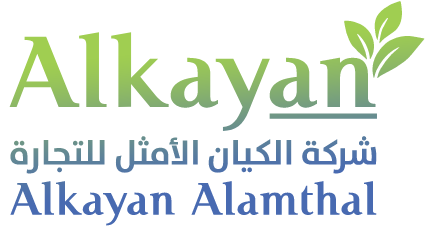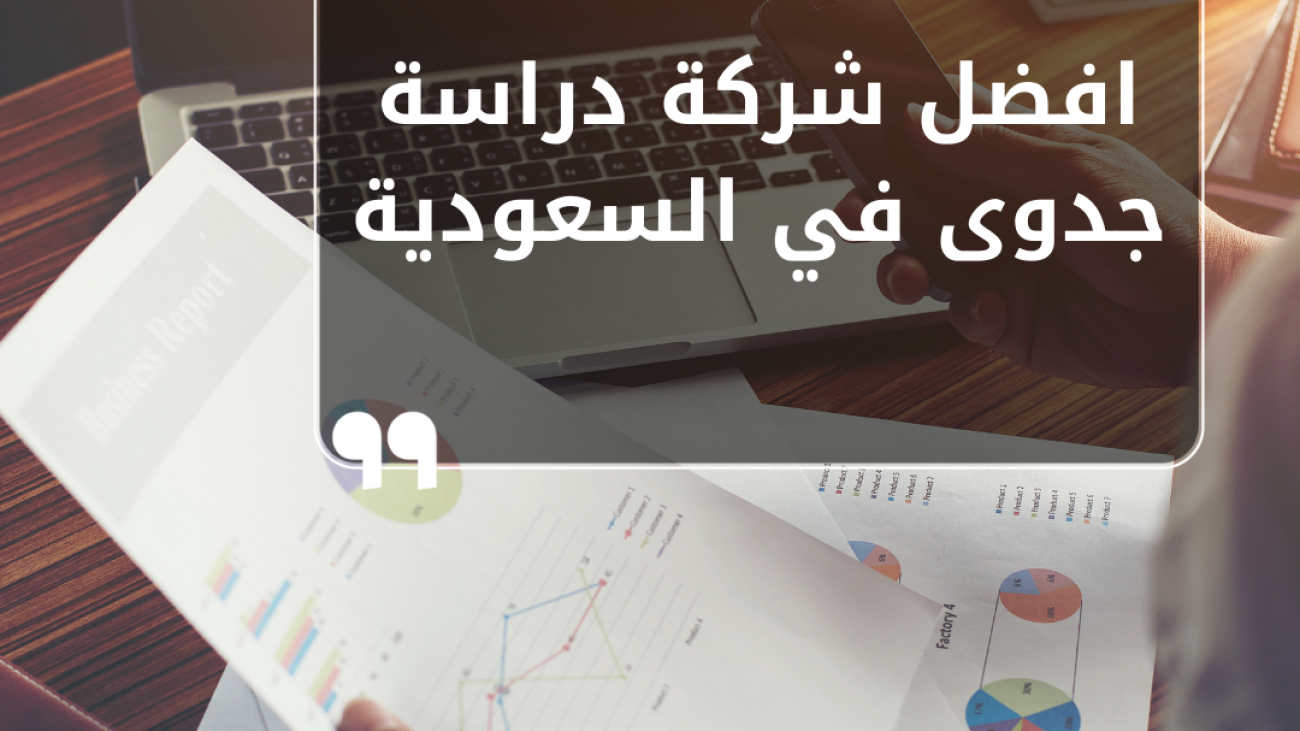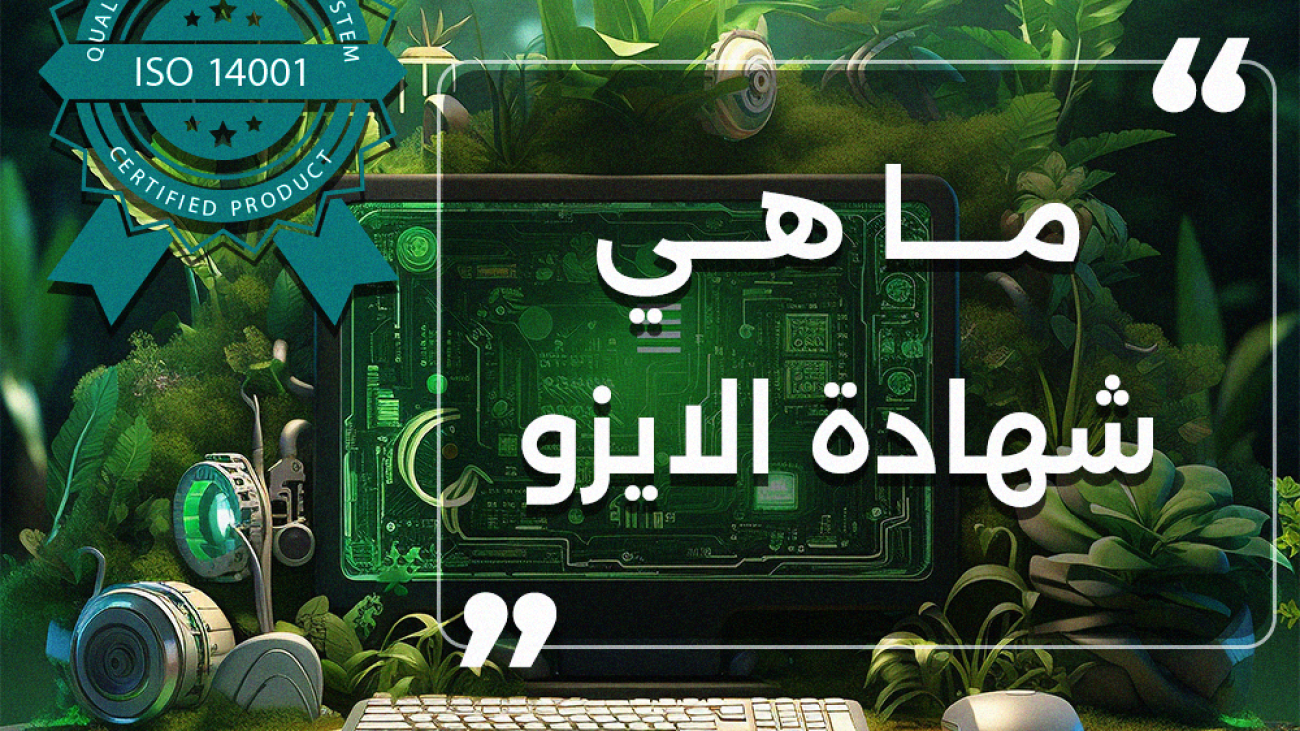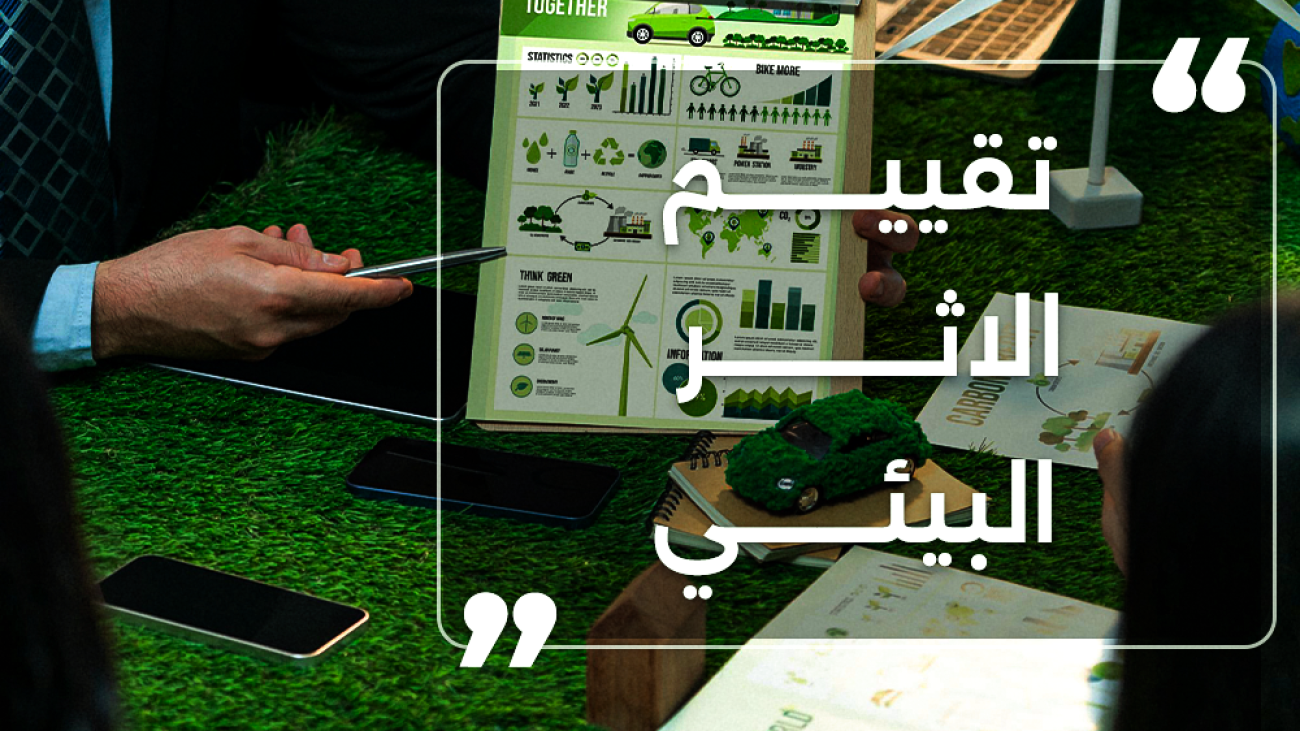دراسة جدوى المشاريع هي عملية تحليلية تهدف إلى تقييم الجوانب الاقتصادية والمالية والتجارية والتقنية لمشروع محتمل، حيث يتم إجراء دراسة جدوى قبل بدء المشروع لتحديد ما إذا كان المشروع مستداماً ومربحاً وقابلاً للتنفيذ حيث يعد الكيان الامثل افضل مكتب دراسة جدوى في السعودية.
تشمل دراسة جدوى المشروع عدة عناصر رئيسية، ومنها:
دراسة السوق: يتم تقييم السوق المستهدفة للمشروع، ويتضمن ذلك تحليل الطلب والعرض والمنافسة والاتجاهات السوقية حيث يهدف ذلك إلى تحديد حجم السوق واحتمالية نجاح المشروع فيه.
الدراسة التقنية: تُحلّل الدراسة التقنية مدى توافر التكنولوجيا المناسبة والمعدات والمصادر اللازمة لتنفيذ المشروع بنجاح حيث
تشمل هذه الدراسة تقييم قدرة المشروع على تلبية المتطلبات التقنية والتكنولوجية لتحقيق أهدافه.
الدراسة المالية: يتم تحليل جوانب المالية للمشروع، بما في ذلك تكاليف التشغيل والاستثمار وتوقعات الإيرادات حيث تشمل العناصر المالية تقدير التكاليف الأولية، والتكاليف الثابتة والمتغيرة، والتوقعات المالية للإيرادات والأرباح المتوقعة، وفترة استرداد رأس المال.
تقييم المخاطر: يتعين تحديد المخاطر المحتملة التي يمكن أن تواجه المشروع وتحليلها. يشمل ذلك تقدير المخاطر المالية والتنظيمية والتقنية والسوقية وتحديد الإجراءات الواجب اتخاذها للتعامل معها.
التحليل الاقتصادي: يشمل التحليل الاقتصادي تقدير المؤشرات المالية المختلفة مثل القيمة الحالية الصافية (NPV) ومعدل العائد الداخلي (IRR) وفترة استرداد الاستثمار (Payback Period). يهدف التحليل الاقتصادي إلى تقييم جدوى مالية المشروع وتحديد ما إذا كان يستحق الاستثمار أم لا
كيفية عمل دراسة جدوى للمشروع الخاص بك :
تعريف المشروع:
• قم بشرح فكرة المشروع بشكل موجز وواضح. ما هي المنتجات أو الخدمات التي ستقدمها؟ ما هي القيمة المضافة التي ستوفرها للعملاء؟
دراسة السوق:
• قم بتحليل السوق المستهدفة وتحديد حجم السوق ونموها المتوقع. من هم المنافسين المحتملين وما هي نقاط القوة والضعف لكل منهم؟ ما هي الفرص التنافسية التي يمكنك استغلالها؟
تحليل الماليات:
• قم بتحديد التكاليف المتوقعة للمشروع، بما في ذلك تكاليف الإنتاج أو التشغيل وتكاليف التسويق والتوزيع والرواتب والأجور والتأمين والإيجارات والضرائب وأي تكاليف أخرى ذات صلة.
• قم بتقدير الإيرادات المتوقعة، بناءً على تحليل السوق واحتمالات النمو والأسعار المتوقعة للمنتجات أو الخدمات الخاصة بك.
قم بإعداد توقعات مالية للسنوات القادمة، مثل قوائم الدخل وتدفقات النقدية والتوقعات المالية.
تقييم الجدوى الاقتصادية:
• استنادًا إلى التحليل المالي الذي قمت به، قم بتقييم الجدوى الاقتصادية للمشروع باستخدام مؤشرات مثل نسبة العائد على الاستثمار (ROI) والقيمة الحالية الصافية (NPV) وفترة استرداد رأس المال (Payback Period).
• قم بتحليل النتائج وتقييم مدى جدوى المشروع من الناحية المالية. هل يمكن تحقيق عائد جيد على الاستثمار؟ هل تظهر القيمة الحالية الصافية إشارات إيجابية؟
المخاطر المحتملة:
• حدد المخاطر المحتملة التي يمكن أن تؤثر على مشروعك، مثل التغيرات التشريعية أو المنافسة الشديدة أو تغيرات احتياجات العملاء. قم بتحليل هذه المخاطر وتقييم تأثيرها واحتمالية حدوثها.
• قدم استراتيجيات للتعامل مع هذه المخاطر وتقليل تأثيرها، مثل وضع خطط احتياطية أو تنفيذ استراتيجيات تسويق وترويج إضافية.
الخطة الزمنية:
• قم بإعداد جدول زمني مفصل يوضح المراحل المختلفة للمشروع والأنشطة المطلوبة لكل مرحلة وحدد الوقت المتوقع لإكمال كل مرحلة وتحديد البعثات والمسؤوليات لكل فرد أو فريق عمل.
• يساعد الجدول الزمني في تخطيط وتنظيم المشروع وتحديد الموارد اللازمة وتحديد الجدول الزمني المتوقع لتحقيق الأهداف.
لماذا تختار افضل مكتب دراسة جدوى وهي شركة الكيان الامثل :
يعمل أفضل مكتب دراسة جدوى على توفير خدمات متعددة لدى العملاء، بدءًا من جمع البيانات وتحليل السوق واحتمالات العرض والطلب، كذلك يعمل مكتب “ الكيان الامثل ” على تقدير المخاطر المحتملة وتقديم الاستشارات الاستثمارية للعملاء، لمساعدتهم اتخاذ أفضل القرارات الاستثمارية المتعلقة بتنفيذ المشروع، وصولاً لأفضل نتائج من عائد الأرباح.
بالإضافة إلى توافر العوامل الآتية لدى افضل مكتب دراسة جدوى “ الكيان الامثل”:
• الاحترافية والدقة في التنفيذ.
• تقديم الاستشارات والخدمات الاستشارية.
• التواصل الدائم مع العملاء.
• وجود شركاء نجاح موثوقين.
• المتابعة المستمرة.
• توافر فريق عمل احترافي.
• وجود نماذج أعمال سابقة.
لماذا عليك الاعتماد على مكتب متخصص لعمل دراسة الجدوى؟
تلعب دراسة الجدوى دورًا حاسمًا في زيادة فرص نجاح المشروع أو الفكرة المقترحة، حيث يقدم مكتب دراسة الجدوى استشارات ونصائح مبنية على خبرات سابقة ومعرفة علمية، يتميز ايضا مكتب “الكيان الأمثل” بالدقة والاحترافية حيث يتبع منهجية علمية محددة لتحليل وتقييم جوانب المشروع المختلفة.
يتضمن تحليل الجدوى الذي يقوم به مكتب الكيان الامثل الجوانب المالية والاقتصادية بالإضافة إلى الجوانب التنظيمية والفنية للمشروع.
يهدف افضل مكتب دراسة جدوى في الرياض وهو مكتب الكيان الامثل إلى تقديم خطة عمل متكاملة وواضحة وتوضيح الفرص والتحديات المحتملة التي قد يواجهها المشروع.
علاوة على ذلك، يقوم المكتب بتحليل الجوانب الاقتصادية والفنية للمشروع وتقييم الجوانب التنظيمية والقانونية المتعلقة بتنفيذه. يشمل ذلك دراسة اللوائح والتراخيص اللازمة والقوانين ذات الصلة بالتنفيذ.
نهدف من خلال خدماتنا إلى تزويدك بتقييم شامل لمشروعك المقترح، وتوفير خطة عمل محددة وموثوقة تعزز فرص نجاحك وتساعدك على التعامل مع التحديات القادمة بثقة وفعالية












